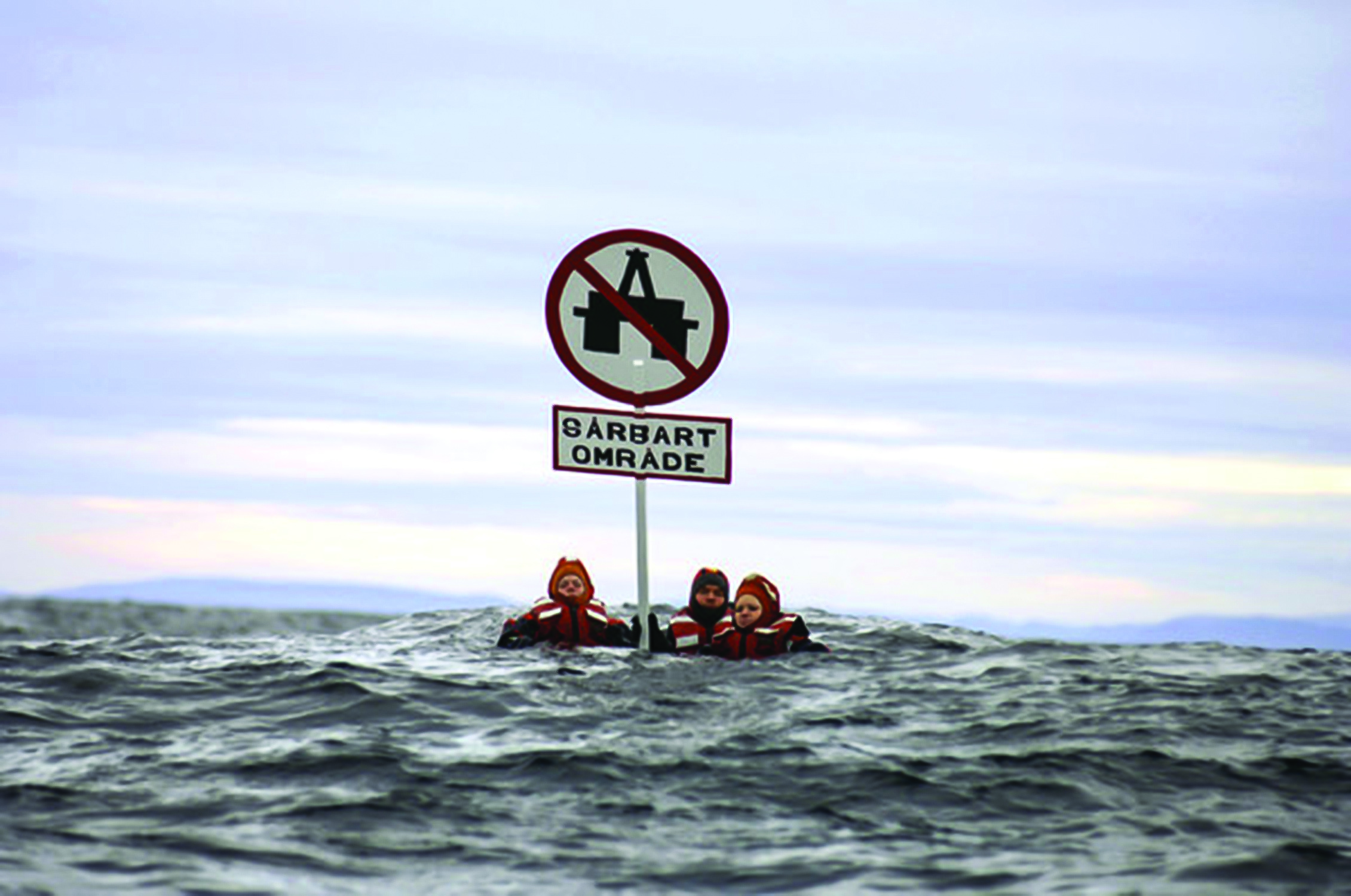Norway’s Labour Party blocked oil exploration in the northern Lofoten Islands on April 5. Many Norwegian youth are now calling for a complete stop to oil drilling in the country.
The Labour Party, a long-time oil-industry ally, refused to support drilling on the islands in part due to campaigning by the Workers’ Youth League (AUF). “In this area, nature has to come first,” AUF leader Ina Libak, 29, told Reuters.
Teenagers as young as 16 are calling for more environmentally friendly energy sources. “Climate comes before cash,” Simon Sand, 16, said in an interview at a recent climate protest outside the Norwegian Parliament.
The youth wing of the conservative Labour Party wants to see a “market and environment-based downsizing” of the oil and gas industries in Norway and hope to see the complete end to both by 2035.
The young Norwegians are also concerned about who will be able to replace the qualified and aging gas workforce. Equinor, the top oil producing company in Norway, expects to lose half of its 21,000 workers over the next 10 years.
“When Europe stops using oil and gas and switches to other energy sources, and that is happening very fast, it would affect us,” Libak said via Reuters. “I’m really concerned that we will have high unemployment in 20 years if we don’t make that plan now.”
Those in opposition to the youth movement argue the economic risk of restricting or potentially phasing out the oil and gas industries is too high, as it employs 170,000 people and is a major source of revenue to the country.
Oil and gas account for approximately half of Norway’s total exports, according to Norwegian Petroleum. The country supplies the EU with about 25% of its gas demand and is the third largest exporter of natural gas in the world. “Those revenues are not possible to replace from other sources,” Frode Alfheim, leader of a top Norwegian trade union Engeri, told Reuters. “Much of the welfare state comes from this industry.”
According to Bloomberg, the Labour Party’s sudden shift in views on climate change are a cause of concern for the oil industry. Many oil companies are concerned that if the party is willing to stop oil drilling in the Lofoten Islands, they will also be willing to compromise on other oil industry related issues in the future. Oil companies have voiced specific concern over the petroleum tax system and licensing policies if the party continues to make compromises.
“That’s something we have to acknowledge,” Espen Barth Eide, a top energy lawmaker told Bloomberg regarding the future shift away from the country’s reliance on the oil industry. “We need to work to make sure that precisely the people, clusters and technologies that have served us so well also take ownership of that transition.”
The decision to abandon Lofoten was made days after the government announced it would begin investing into renewable energy projects such as wind and solar power. The Norwegian government also announced in March it would no longer support 134 oil and gas companies and instead support only BP and Shell, which both have renewable energy divisions.






